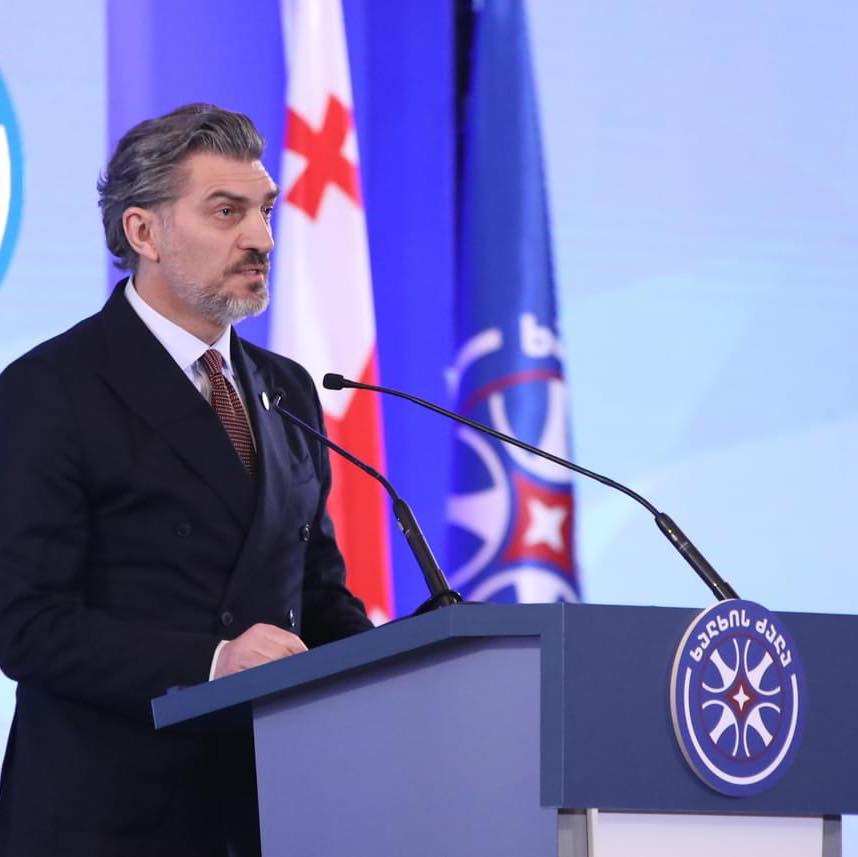**Georgia‘s New Laws Criticized**
The President of Georgia, Mikheil Kavelashvili, approved new laws on December 29. The changes were made just a day after he was sworn in as the country’s leader.
Many groups are speaking out against these new laws. They say they harm democracy and take away important rights from citizens. The laws will come into effect on December 30.
**What Changes Were Made?**
The new laws affect several areas:
* Public Service: Heads of public institutions can now be chosen without needing professional training.
* Protests: People who join a protest march that causes traffic jams will face fines and have their driving licenses suspended. Drivers who put up unauthorized signs or posters during protests will also get fined.
* Police Powers: Police can hold someone in custody for 48 hours if they think the person might commit another crime. This decision can be challenged in court, but it may take a long time and only result in a small compensation.
* Road Blockages: If police say there are not enough people at a protest to justify blocking a road, all participants will get fined. The most active participant may face a larger fine if they are seen as the organizer.
* Pyrotechnics: People who bring pyrotechnics to protests will be fined. Organizers of such events may also face higher fines and administrative detention.
* Minors at Protests: If minors commit offenses during protests, their parents may get fined for not teaching them properly.
**Local Elections**
The new laws also change how local self-government elections are held. The number of seats allocated to majoritarian districts in municipal councils will increase. This means that candidates who receive the most votes in a district will win a seat. The electoral threshold for the proportional system has been raised, making it harder for some groups to get represented.
**Other Changes**
The President also signed into law changes to the Law on the Special State Protection Service. These changes ensure the personal security of high-ranking officials like the President, Prime Minister, and Speaker of Parliament during their term in office and for one year after they leave.
Read More @ civil.ge













